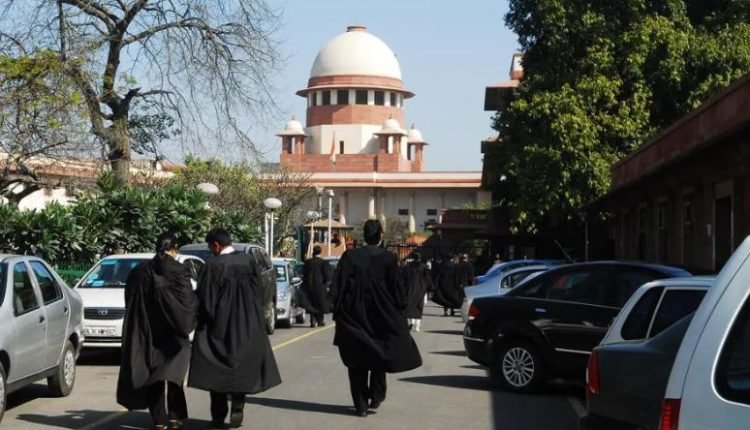Supreme Court to Hear PIL Demanding Court-Monitored SIT Probe Into Alleged Electoral Bonds Scam on July 22
New Delhi, 19-07-2024: The Supreme Court has scheduled a hearing for a public interest litigation (PIL) seeking a court-monitored investigation into the electoral bonds scheme on July 22. The bench, comprising Chief Justice D Y Chandrachud and Justices JB Pardiwala and Manoj Misra, acknowledged the submissions of lawyer Prashant Bhushan and stated that the PIL filed by two NGOs, Common Cause and the Centre for Public Interest Litigation (CPIL), will be heard on Monday. Additionally, a similar plea that was listed for Friday will be taken up alongside this PIL on July 22.
The PIL filed by the NGOs alleges an “apparent quid pro quo” between political parties, corporations, and investigative agencies, terming the electoral bonds scheme as a “scam.” The plea demands an investigation into the funding sources of “shell companies and loss-making companies” that made donations to political parties, as revealed by data from the Election Commission (EC). Furthermore, the petition seeks a directive to recover money donated through “quid pro quo arrangements” where such donations are identified as proceeds of crime.
Previously, a five-judge Constitution bench had scrapped the electoral bonds scheme, which was introduced by the BJP government, on February 15. Following the judgement, the State Bank of India, the authorized financial institution under the scheme, provided data to the EC, which subsequently made it public. The electoral bonds scheme, notified by the government on January 2, 2018, was promoted as an alternative to cash donations to political parties, aiming to enhance transparency in political funding.
The plea highlights that the electoral bond scam has a money trail, unlike the 2G scam or the coal scam, where allocations of spectrum and coal mining leases were arbitrarily made without evidence of a money trail. The Supreme Court had ordered court-monitored investigations in those cases, appointed special public prosecutors, and formed special courts to address them. The plea claims that several firms under investigation by these agencies have donated significant sums to the ruling party, potentially influencing the outcome of investigations.




